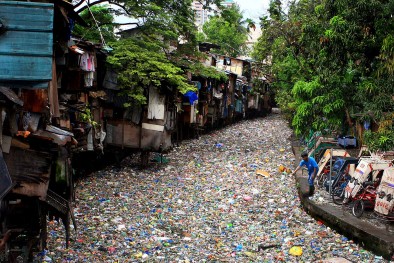2013 is “The International Year of Water Co-operation” reminding us that water is a precious and vulnerable resource to be efficiently managed and equitably shared. During the Year the Global Water Partnership will organise workshops on how to address water management using an integrated approach where dialogue and cooperation are at the centre.
IUWM Workshop
The GWP Technical Committee organises a regional workshop on “Integrated Urban Water Management” in collaboration with the Asian Development Bank on 13 March 2013 to identify critical issues and explore cooperative strategies in integrated approaches for urban water management in Southeast Asia. Organised in the context of the Asia Water Week 13-15 March 2013 it will be hosted by the Asian Development Bank in ADB Headquarters in Manila, Philippines. Download agenda.
The main objective of the workshop is to argue for a fundamental change in the way water sector professionals design and manage urban water systems. This paradigm shift should be based on understanding urban water within the wider catchment using IWRM principles that facilitate the equitable allocation of water resources among municipalities, industry, agriculture, energy production, and ecosystem services.
The workshop will present:
- Different conceptual frameworks that allow us to understand these interactions and optimize water use among different sectors.
- A collection of case studies from Asia (e.g. Singapore, China, Vietnam, and Cambodia) and sub-Saharan Africa, where the above principles have been successfully applied.
- Innovative thinking around water policy (ADB’s Water Policy and Operation Plan 2011-2020) that promotes the above principles.
- New thinking on the design, analysis, and implementation of semi-centralized urban water systems (“water-machine” concept) and the associated clustered approach to urban development that provides opportunities for emerging areas to implement radically different water systems.
As the workshop is a part of Asian Water Week (free of charge), you should also register individually online here.

